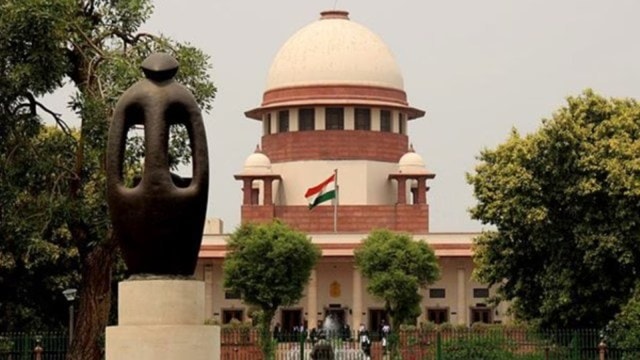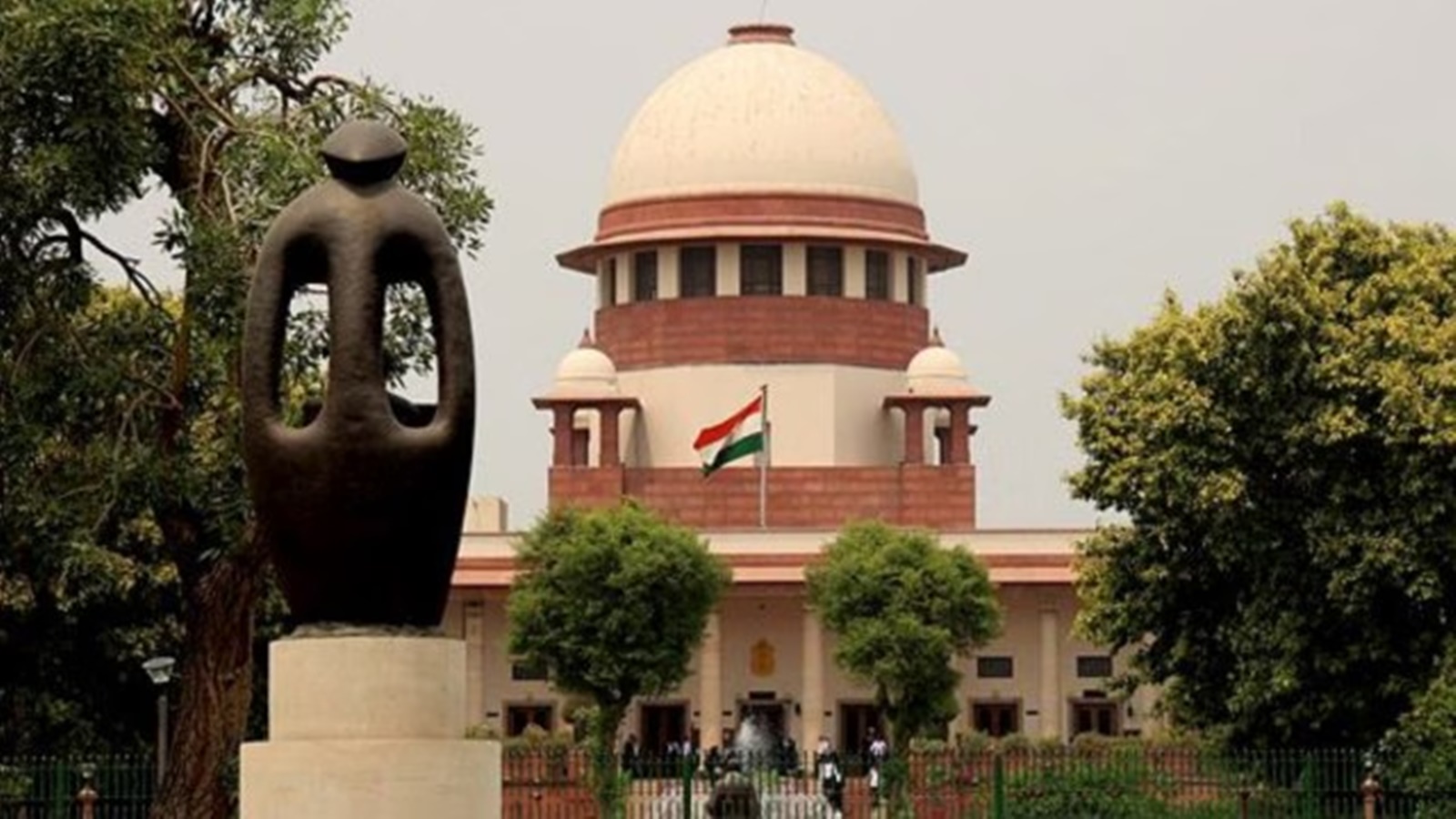
In a landmark judgment, the Supreme Court has ruled that a divorced Muslim woman can seek alimony from her husband under section 125 of the Code of Criminal Code (CrPc). We have travelled a significant distance from the Shah Bano case in 1985 to this verdict by the bench of Justices BV Nagarathna and A G Masih. It dismissed the husband’s petition challenging a Telangana High Court direction to pay his wife monthly maintenance of Rs 20,000 after divorce. This is a progressive step towards the inclusion of vulnerable minority women citizens. Muslim women have suffered legal discrimination in matters of marriage and family in the absence of reformed and codified personal laws.
Why are we celebrating this judgment? Section 125 is nothing new, it has existed since 1973. Upholding diversity and pluralism is important in a secular democracy. This includes a diversity of personal laws. But we must not confuse diversity with unjust patriarchal practices. There is nothing laudatory or “personal” about the subjugation of women and violation of their rights.
The Quran emphasises maintenance to be provided to the wife after divorce. However, husbands often continue to look for loopholes. This happened in the case of Shah Bano. Her husband refused to pay the maintenance granted by the court.
The conservative clergy and other leaders jumped on the bandwagon to defend personal laws and against the imposition of secular laws on Muslims. They called it interference in Shariat and thereby, a violation of minority rights. The Rajiv Gandhi-led government came under pressure and overturned through legislation the ruling that granted maintenance to Shah Bano. A separate Shariat-compliant law was hastily enacted to provide maintenance to divorced Muslim women. The BJP began to accuse Congress of Muslim appeasement. In a sense, the Shah Bano episode kickstarted the politics of religious division.
In seven decades since Independence, no government felt obliged to enable Muslim women to attain legal parity with their Hindu and Christian counterparts who enjoy the protection of reformed personal laws enacted by Parliament. No government felt the need to fulfil its constitutional obligation of upholding gender justice. As though granting legal rights to Muslim women would go against the principles of secularism!
Indian Muslims are governed by Shariat Application Act, 1937. This law is archaic. It merely states that Shariat will decide all personal law matters for Muslims. While Muslims are ostensibly governed by Shariat, in reality, unjust and unfair practices based on arbitrary interpretations prevail. Several important issues lack legal clarity. Patriarchal interpretations decide matters such as age of marriage, divorce, maintenance, polygamy, halala, custody and guardianship of children, share in property and inheritance and muta marriages. Islamic concepts of consent and mehr are diluted in practice.
Muslim marriage is a contract. But most women don’t possess a copy of their nikahnama and are unaware of their rights. Moreover, there is a common sense prevalent about the husband being superior in marital relationships.
The dominant conservative clergy have resisted reform. “Islam gave rights to women 1,400 years ago,” they say. But are these rights available to women? Anyone who raises such questions is demonised. Calls for reform are dismissed as the handiwork of those serving Western ways of thinking or these days, Hindutva. In this scenario, Muslim women continue to be denied their Quranic rights as well as constitutional rights.
We live in an era of religious polarisation. The condition of Muslim women is used to portray the community negatively. On the other hand, many Muslims are living under a sense of fear and insecurity. They are hardly in a position to appreciate this progressive verdict. The orthodoxy would club it with the ongoing onslaught on Muslim identity and dismiss it as unwarranted. The silver lining is that there are a large number of people within the community who welcome this judgment. There is a greater consciousness about rights not just amongst women themselves but their families too. The women-led movement against instant triple talaq received support from the whole community after it was highlighted that it does not enjoy Quranic sanction.
I am not suggesting that patriarchy has been eradicated from the lives of women who enjoy legal protections vis a vis marriage and family. Social attitudes matter. But an enabling legal framework can support a woman who wishes to fight for justice.
The Supreme Court outlawed instant triple talaq in 2017. This judgment is yet another step forward towards legal equality for Muslim women. Justice Nagarathna emphasised that maintenance must not be viewed as charity but as a fundamental right. It is a right that transcends religious boundaries.
The writer is a founding member of Bharatiya Muslim Mahila Andolan



